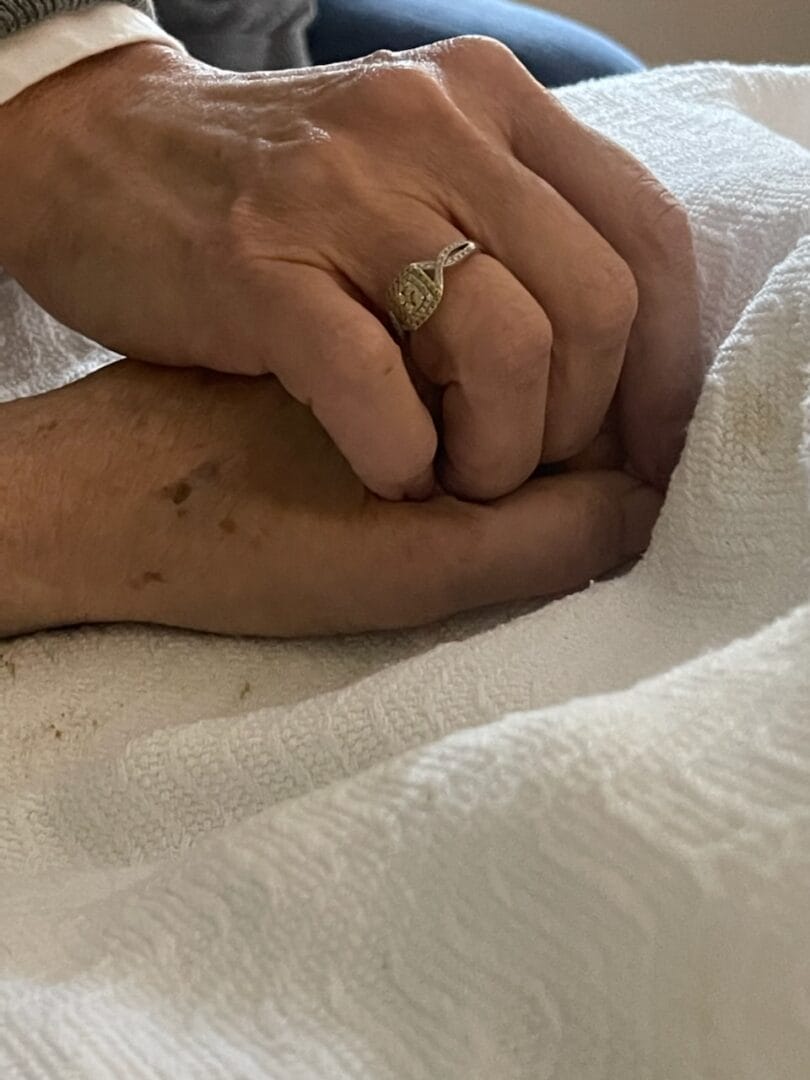Head trauma affects how the brain works, and recovery often takes time. It can change a person’s ability to think clearly, move normally, speak, and manage daily routines. That’s why having a strong recovery plan matters. Plans that skip over what the patient truly needs can slow down healing or cause setbacks. Every brain injury looks different, so each recovery path should be built for that person’s unique situation.
An effective recovery plan looks at the entire person. It blends medical treatment, rehabilitation, emotional support, and legal tools when needed. In Arizona, one of the most helpful tools is expert testimony. It gives a clear picture to courts or insurance companies about how serious the injury is, what impact it has, and what kind of care might be needed over time.
Understanding Head Trauma
Head trauma is any injury to the brain or skull. It can happen from something like a car accident, fall, sports hit, or physical harm. Some symptoms show up right away. Others appear days or weeks later, making it easy to miss early signs.
Here are some common types of head trauma:
- Concussions: These might be called “mild,” but they can still cause headaches, memory loss, trouble focusing, and mood changes.
- Contusions: Brain bruises from direct impact, which may lead to swelling or bleeding.
- Penetrating injuries: When something breaks through the skull and harms the brain directly.
- Diffuse axonal injuries: Often caused by strong shaking or spinning, damaging brain connections at a deeper level.
The effects of head trauma can be long-lasting and serious. Issues with speech, memory, personality, and movement are common depending on which part of the brain is hurt. For example, a frontal lobe injury could change how someone makes decisions or handles emotions, affecting school, work, or relationships.
Healing takes careful planning. Rushing recovery can actually make things worse. Knowing what kind of injury happened and how it affects everyday life is the first step in building a recovery path that actually works.
Key Components of Effective Recovery Strategies
Treatment after head trauma usually includes several parts that work together. Here’s what strong recovery strategies should include:
- Medical Interventions: After the injury, initial care focuses on the damage itself. This might mean surgery, medication to reduce swelling, or prevention of further injury. Ongoing care usually involves follow-ups with neurologists or other specialists. These visits help monitor healing and make changes to the treatment as needed based on how the patient is doing.
- Rehabilitation and Therapy: Therapy is key to gaining back lost skills or improving movement and daily function. Common therapies include:
- Physical therapy to work on strength, movement, and coordination
- Occupational therapy to rebuild habits like feeding, dressing, or writing
- Speech therapy for language, communication, or swallowing issues
These therapies are most helpful when they’re adjusted over time. A good plan changes based on the patient’s progress so they’re always working toward the next step.
- Psychological Support: Brain injuries don’t just affect the body. They also affect emotions. People with head trauma may have depression, anxiety, or quick mood changes. This can hurt motivation and make it harder to stay consistent in therapies.
Therapy from a counselor or psychologist can help both patients and families. Learning how to manage emotions, cope with daily stress, and stay hopeful is a big part of healing.
For recovery to go smoothly, all three areas must be included. If even one part is missing, the others can suffer. A good recovery plan keeps physical care, emotional health, and progress tracking on the same page.
The Role of Expert Testimony in Arizona
Legal cases involving head trauma need strong medical proof to show how serious the injury really is. That’s where expert testimony helps. An expert can explain the injury, talk about needed care, and show how it affects someone’s life now and in the future. In Arizona, this kind of testimony is often key to making sure patients get the support they need.
It doesn’t just help in court. It helps make things clear for everyone involved. For example, if a patient can’t go back to their job, an expert can describe what kind of long-term care or tools that person may need instead. This kind of information helps build a stronger case for compensation and support.
Here’s how expert testimony usually works in Arizona cases:
- Assessment: Experts study medical charts, scans, and test results to fully understand the case.
- Explanation: They explain things in simple language that makes sense to a judge, jury, or insurer.
- Prediction: Experts talk about what the future might look like for this patient—physically, emotionally, and financially.
- Representation: Experts often appear during hearings or make written reports that help explain the injury and care plan.
Finding the right expert matters. The ideal expert should know medicine but also be familiar with how the Arizona legal system works. They need to show how the medical details connect to a person’s daily life. That makes confusing cases much easier to follow and understand.
Building a Team for Total Recovery
No one person can manage head trauma recovery alone. The best results come when doctors, therapists, mental health providers, and legal experts all work together as a strong team.
Communication is one of the biggest challenges. Doctors may focus only on physical healing while therapists look at functional recovery. In the meantime, family members are juggling appointments, paperwork, and emotional stress. If people aren’t sharing updates, things can fall through the cracks.
Good teamwork helps prevent these problems. Here are some ways to keep everyone aligned:
- Keep all members updated with new test results, therapy changes, and progress reports
- Use a shared calendar to track appointments and follow-ups
- Schedule team meetings that include the patient and family when possible
- Assign one care coordinator to manage communication between medical and legal experts
- Combine medical notes and legal summaries into one easy-to-read document
This kind of setup keeps care consistent. Everyone works toward the same goal: helping the patient regain as much independence and comfort as they can. Families feel more confident, and care decisions become a lot easier to make.
Backing Families With Knowledge And Support
When someone is recovering from a head injury, their family carries a big part of the load. They often help manage care schedules, attend appointments, or even assist with daily living. Without enough support, this can easily lead to burnout or confusion.
That’s why clear guidance makes such a big difference. Families need to know what symptoms to look for, what therapy is supposed to accomplish, and how to spot real progress. They don’t need to become health experts. But they do need realistic expectations.
Arizona offers many community-based supports. That includes area case managers, home health workers, and support groups. Some families also bring legal professionals in early, especially if there’s a lawsuit or long-term planning involved. These resources work best when families are included in all decisions and given tools that make communication easier.
Encouraging family engagement is a major part of recovery. Whether it’s keeping a daily health journal or logging notes in a shared app, small habits like these help track changes before they turn into problems. Care becomes more focused, and families feel less lost.
Finding Direction When the Road Feels Long
Recovering from a head trauma takes time and patience. What starts as a short-term care plan may evolve or change completely as months go by. That flexibility is part of what makes each recovery plan successful—it grows with the patient.
Expert testimony adds another layer of understanding. It connects a diagnosis with the larger picture of daily life. It can show how a person won’t be able to return to their old job or why they might need long-term care at home. In Arizona, these insights often become the backbone of stronger recovery goals that hold up during legal challenges.
With the right support team, care strategies can be more than a checklist. They become a direction. A guide families and patients can follow, one step at a time, with less confusion and more confidence. When patients feel supported medically, emotionally, and legally, progress becomes more achievable—and lasting.
For head trauma cases that need a solid legal foundation, the importance of medical insights can’t be overstated. Arizona Medical-Legal Consulting is here to support you with detailed evaluations and clear documentation. See how our expert testimony in Arizona can bring confidence and clarity to your case strategy while helping you move forward with the facts that matter.




